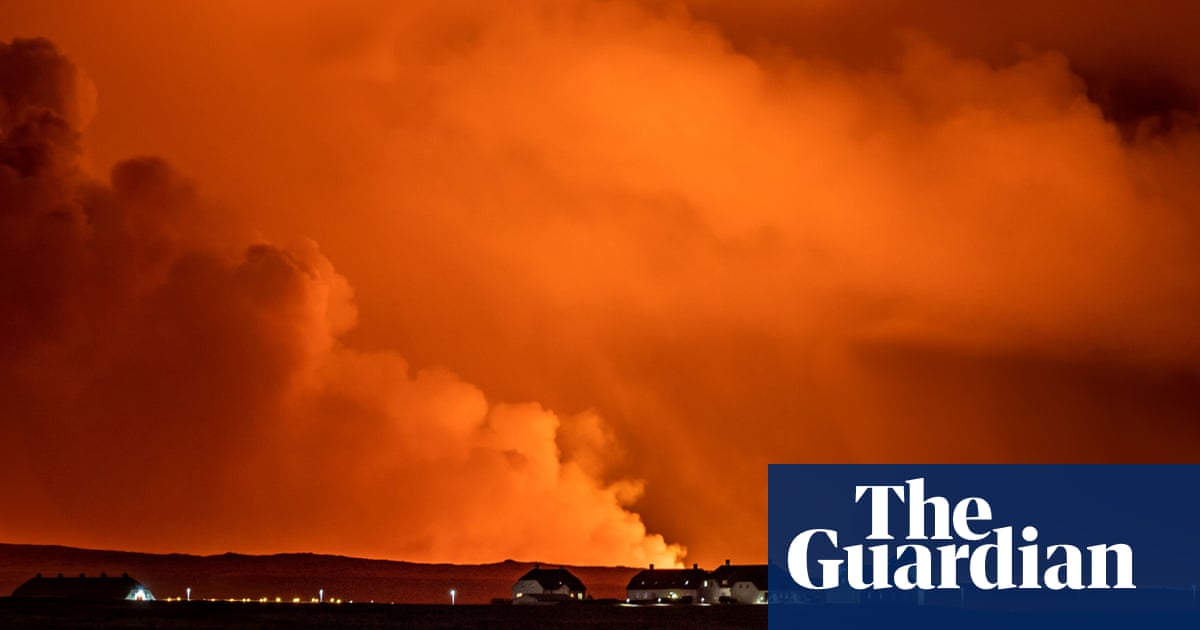
Israel’s war cabinet – Benjamin Netanyahu, the prime minister; Yoav Gallant, the defence minister; and Benny Gantz, a former defence minister and centrist Netanyahu rival – have spent the last two days deliberating how to respond to Iran’s first ever direct attack on the Jewish state.
The salvo involved more than 300 missiles and drones, the majority of which were intercepted with the help of the US, the UK, France and Jordan.
It is widely expected that Israel’s next steps will have to be calibrated along two axes: the country must take some sort of action to demonstrate to Iran that such an unprecedented show of force cannot pass without consequences, but at the same time must take into account Tehran’s threat that it will strike again “with greater force” if Israel retaliates. None of the options are without risk.
Will Israel respond?
While the destructiveness of the Iranian strikes could have been much worse, with just one casualty reported, a seven-year-old girl, a major red line has still been crossed from an Israeli security and deterrence standpoint.
The important questions on a response are how and when: while statements from Gallant and Gantz have implied that a direct Israeli response to Tehran is not imminent, Netanyahu is yet to make a formal decision.
The chief military spokesperson, R Adm Daniel Hagari, has made it clear that Israel is keeping its options open. “Over the last few hours we approved operational plans for both offensive and defensive action,” he told reporters on Sunday.
What are the issues Israel needs to consider before it responds to Iran?
There are three main factors Israel must weigh up before it responds, according to Raz Zimmit, a research fellow at Israel’s Institute for National Security Studies who focuses on Iran.
“One, how Iran will respond, since they have made it very clear that Israeli retaliation will be met with an even harsher reaction,” he said. “Secondly, the US position. Biden is not interested in escalation and wants to close this round of fighting. And third, ever since [7 October], Israel has been trying to avoid opening new fronts so it can focus on fighting Hamas in Gaza.”
What kind of action will Israel take?
Any direct attack on military or infrastructure targets inside Iran would almost certainly trigger all-out war, although some hardline Israeli security establishment figures may view this weekend’s developments as a window of opportunity to go after Iran’s nuclear facilities.
Covert actions that Israel has already used against Iran many times – cyber-attacks, hitting Iranian assets in third countries such as Syria, or not claiming responsibility for an attack on, say, a drone manufacturing site – are also on the cards.
It would be difficult for Tehran to directly blame Tel Aviv for such an attack as it would mean admitting that the country is vulnerable to Israeli operations on its soil.
Could Israel cope with a war with Iran, given it is already fighting in Gaza?
Analysts and former military officers are confident that Israel would emerge better off than Iran if the two sides do go to war: the country has prepared for a multi-front scenario for years.
That said, a wider conflict in which Lebanon’s powerful Iran-backed militia, Hezbollah, would certainly also be involved would be the most serious threat facing Israel since the 1973 Yom Kippur war.
A regional war would require huge amounts of weaponry, ammunition and air defence missiles, with some reports surfacing that there have already been munition shortages in the war in Gaza. Without the advance warning given for this weekend’s strikes, it is much more likely that Israel’s sophisticated multilayered air defence system could be overwhelmed.
Normal life in Israel would also come to a halt: 75% of the military is made up of reservists. Major infrastructure such as power stations, water supplies and transportation are likely to be affected and the impact on the strong economy would be immense.
What about Iran?
Iran is one of the most militarised states in the region, with a standing army of at least 580,000 and a stockpile of 3,000 ballistic missiles, according to western estimates.
However, the supreme leader, Ayatollah Ali Khamenei, has made it very clear over the last six months of war in Gaza that Iran does not wish to be dragged into a wider conflict. Iran’s economy and people are already suffering under extensive UN, EU and US sanctions.
Iran attacked Israel after the 1 April strike on an Iranian diplomatic compound in Damascus that hit a diplomatic building and took out the highest-ranking Iranian commander to be killed since the US assassinated the Quds force leader Qassem Suleimani in Iraq in 2020.
“The Iranians decided they had had enough. They took a risk but they calculated that if they did nothing vis-a-vis Israel after that attack then Iran’s deterrence would be compromised,” Zimmit said.
Would the US get involved in an Israel-Iran war?
The outcome of a war would greatly depend on how much support the US, Israel’s most important ally, would be willing to give.
Its resources have already been strained by the war in Ukraine, to the point where Israeli officials have complained that they are not receiving requested weaponry from the US, and Biden is loth to wade into a Middle East conflict, particularly in an election year. The US has said it would not join Israel in any direct attack on Iran.
The UK foreign minister, David Cameron, said on Monday that western countries were mulling extra sanctions against Iran.











